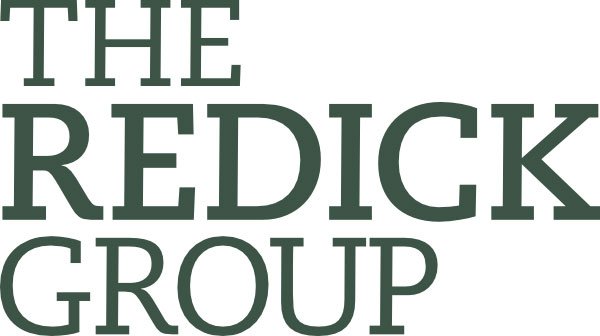A Former Recruiter's View on Interview Follow up
Photo by JESHOOTS.COM on Unsplash
I've had an uptick lately in clients asking about the finer points of interview follow up and thank you letters, and more to the point, whether a second expression of interest is appropriate after sending a thank you letter and then not hearing back after several weeks.
The "hurry up and wait" that often accompanies recruiting and hiring doesn’t usually bother a person who is conducting a stealth job search or a passive job search. It's basically a non-issue because they're willing to wait for the right role. But for active job seeker, not hearing back after what felt like a great interview can bring up frustration and self-doubt. For some active job seekers desperation can even cloud their better judgment.
Thus, the active job seeker begins asking questions like, "Did they forget about me? Should I follow up my thank you letter a second expression of interest?"
Opposing Points of View
Indeed, some career coaches and resume writers suggest an aggressive approach. "Start by sending a thank you letter or email right away," they say. "But then, if you don't get a response, continue with 'next-level bugging' so the interviewer knows you're interested." To complicate matters, some recruiters appreciate the persistence, which makes the decision about ‘following up with a follow up’ frustratingly uncertain.
Other experts will suggest that a single thank you note is enough. “If they’re interested in your candidacy, they won’t forget you,” they say. Let me share why this is my view in most cases.
Perspective from the Hiring Side
If you turn your lens to the hiring side of the equation, you'll find hiring decision-makers who like being chased, as I mentioned earlier. They think the candidate who expresses the most interest really wants the job so they appreciate the extra effort. These are often contingency recruiters (outside recruiters who are paid their fee only if they make the placement, and they’re often competing against other recruiters on the same job), as well as associate-level hiring managers and other hiring entities who handle high-volume recruiting. They're often extremely busy, so at best, following up a thank you letter with a simple note can jog their memory. At worst, it can annoy them.
Other hiring entities will look at anything beyond a single thank you note as being pushy, and as a result, they’ll shy away from the candidate. They’ll wonder, “Why the desperation? Is this a signal of something wrong that I should why away from?” This is where I sat when I was in retained executive search. Indeed, recruiters in retained search are usually looking to fill a role with a needle-in-the-haystack perfect candidate, so they absolutely will not forget the candidate(s) they're interested in. But it may take weeks or months to hear back from this type of recruiter. Admittedly, this can be excruciating and perhaps even a deal-breaker for active job seekers who might need a job sooner than later.
No matter the circumstance, however, silence isn't always a lack of interest. Unfortunately, people are people and the reasons you're not hearing back are myriad and unknowable. Did funding get re-prioritized and the role no longer exists? Was the role filled by an internal candidate? Is the recruiter you spoke with being replaced for some reason and there's a behind-the-scenes shuffle to pick up the slack? Is it possible that you just aren't the right fit and they simply didn't have time to let you know?
The reasons for silence after a what felt like a great interview are endless and, again, you have no way of knowing until you hear back. If you hear back.
So What Do You Do When You Don't Hear Back After a Great Interview?
Here are my three best suggestions:
It's difficult, but do not take post-interview silence personally.
Do send an initial thank you letter or email, but weigh the risks and benefits before following up a thank you letter with a second expression of interest (or worse, a direct inquiry as to why you've not heard back).
If you're an active job seeker, continue your broader search in earnest. Sometimes, an active job seeker's best strategy is to play the numbers game. Active job seeking is a full-time job, so keep tilling the fields. On that note, remember that 80% (or more) of your time should be spent networking, and 20% (or less) responding to posted job ads.

